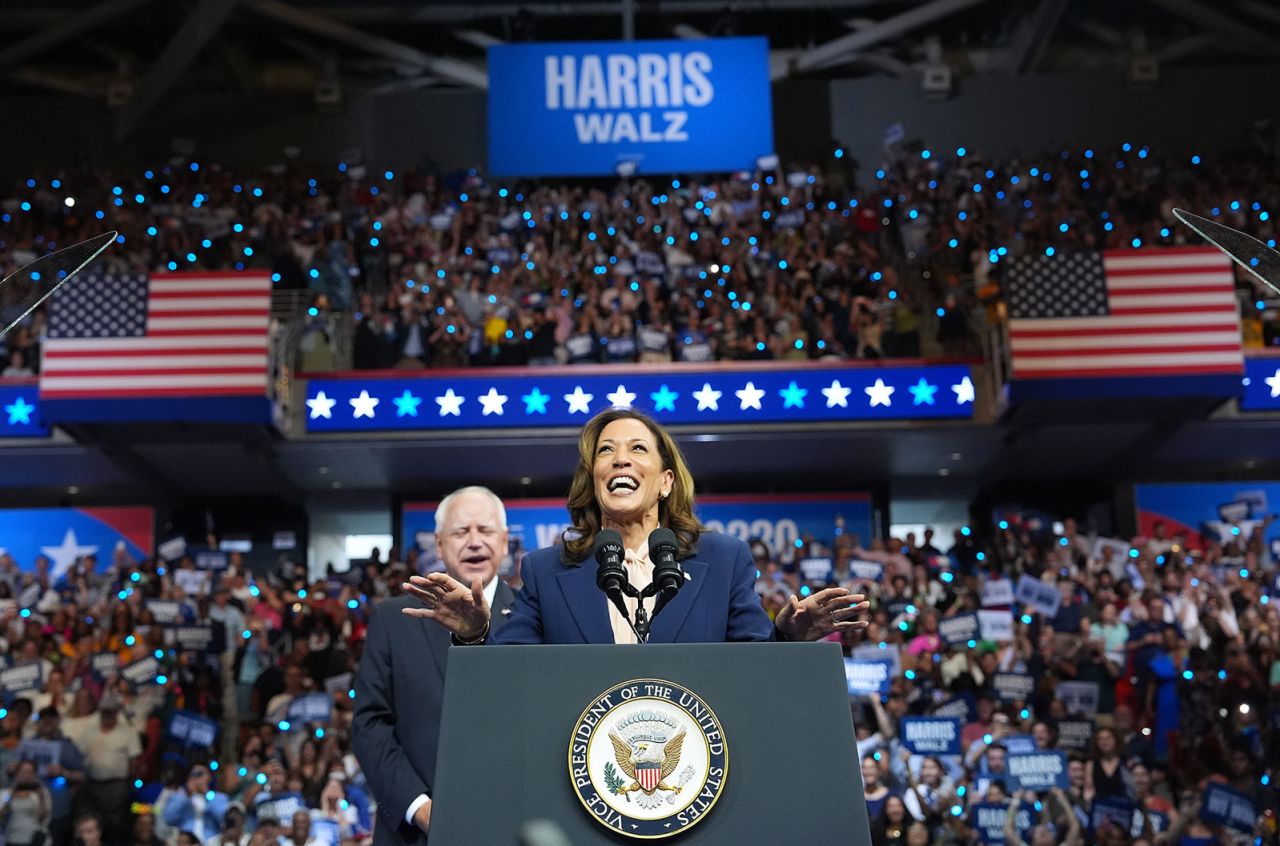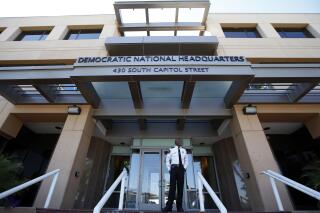Project 2029 Aims to Reclaim Democratic Vision
In an urgent response to the Democratic Party"s electoral setbacks, a coalition of progressive thinkers, led by Andrei Cherny, is spearheading Project 2029, a bold initiative aimed at crafting a comprehensive policy agenda for the next Democratic presidential nominee. This move comes in the wake of former Vice President Kamala Harris’s defeat, which left many questioning the party"s direction and ability to connect with voters. Cherny, a former Democratic speechwriter and party leader, articulates a sentiment that resonates deeply across the progressive base: "You can"t beat something with nothing."
Lessons from Trump"s Right-Wing Playbook
The urgency of Project 2029 reflects a critical analysis of the tactics employed by the Trump campaign, particularly its effective mobilization of a clear, hard-right agenda through Project 2025. As reported by AP News, this agenda has served as both a blueprint for governance and a rallying point for a polarized base. Cherny"s initiative aims to replicate this playbook, infusing it with progressive values that champion civil rights, social justice, and economic equity.

August 6, 2024: Presidential campaign news | CNN Politics
Quarterly Rollouts to Engage the Base
Project 2029 will roll out its agenda in quarterly installments through Cherny"s publication, Democracy: A Journal of Ideas. The strategy is not merely to produce a policy document but to galvanize grassroots support and ensure that the voices of marginalized communities are central to the conversation. Each installment will address pressing issues such as healthcare reform, voting rights, climate action, and economic justice, creating a roadmap that resonates with the party"s base as well as undecided voters.
Implications for Democratic Candidates
This initiative poses significant implications for the Democratic primary landscape. As candidates begin to position themselves for the 2028 election, they will be compelled to integrate elements of Project 2029 into their platforms to remain relevant and appealing. The success of this agenda could redefine the party"s electoral strategy, moving away from reactive campaign tactics and towards a proactive, issue-driven approach that prioritizes the needs of the people over corporate interests.

Democrats" national party workers forming union | AP News
Challenges of Unifying Diverse Progressive Voices
However, the path forward is fraught with challenges. There is a palpable tension within the Democratic Party regarding the extent to which progressive values should be emphasized. The centrist faction may resist the bold proposals likely to emerge from Project 2029, viewing them as too radical. This divide underscores a critical question: can the party unite its fractious elements to form a cohesive strategy that resonates with a broad electorate? As the 2028 election cycle approaches, the stakes could not be higher for the future of democratic governance in the United States.



![[Video] Gunfire between Iraqi security forces and Sadr militias in Baghdad](/_next/image?url=%2Fapi%2Fimage%2Fthumbnails%2Fthumbnail-1768343508874-4redb-thumbnail.jpg&w=3840&q=75)
